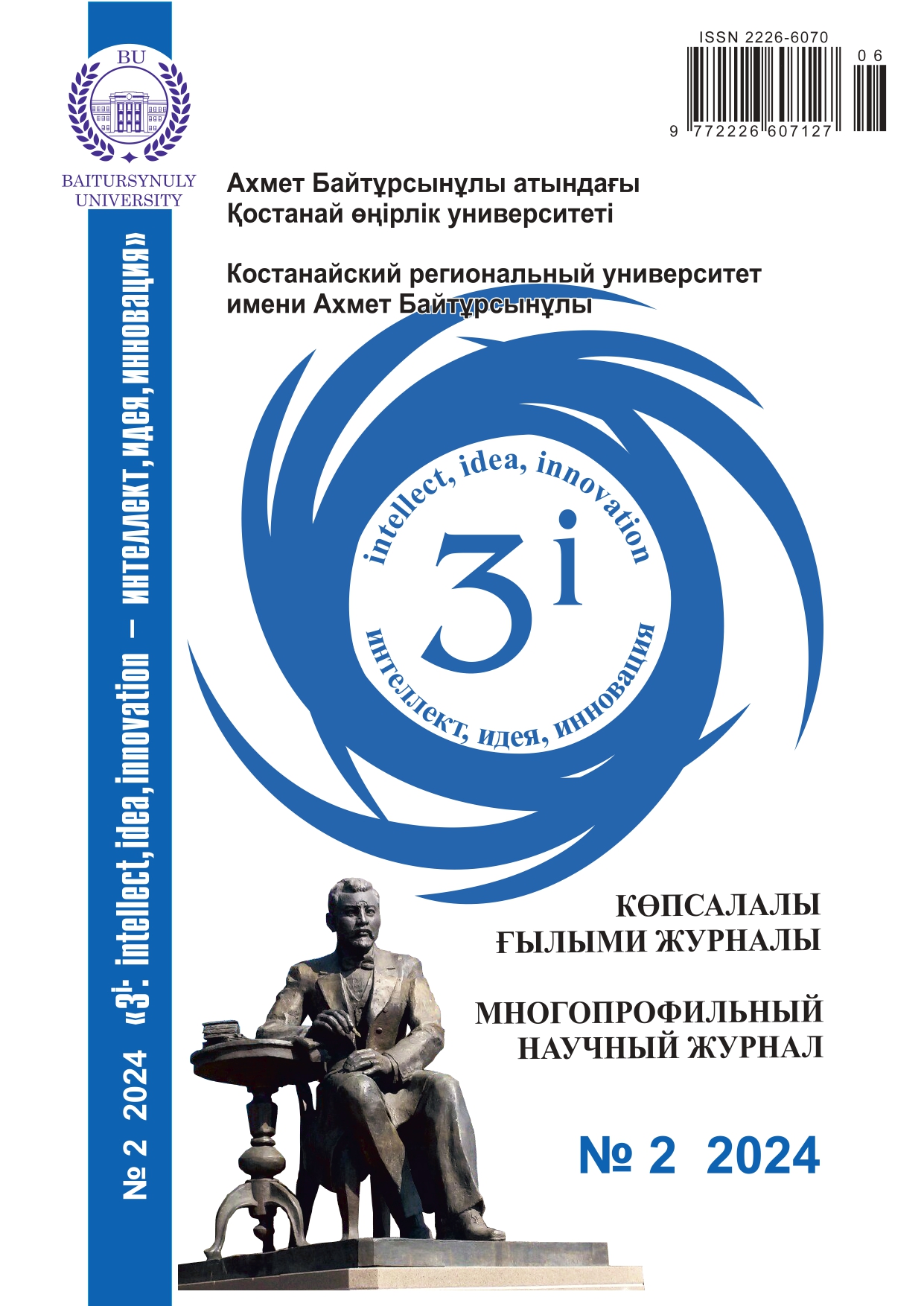DEVELOPMENT OF ANALYTICAL AND SYNTHETIC ACTIVITY OF STUDENTSIN TEACHING ELEMENTS OF HIGHER MATHEMATICS
DOI:
https://doi.org/10.52269/22266070_2024_2_72Keywords:
analytical and synthetic activity, mental operation, critical thinking, system of educational tasks, mathematics, schoolchildrenAbstract
The relevance of the research work is related to the development by students of methods of mental activity, mental operations, the integrative compatibility of which manifests itself as analytical and synthetic activity, the development of a culture of thinking, increasing its productivity.
Based on the research of educational psychologists, the development of analytical and synthetic activity in the educational process is considered as a unity of the processes of analysis and synchronization, as well as conscious mastery of the operations of analysis, synthesis and generalization, as an indicator of critical thinking. Mental operations and actions based on them reflect the procedural nature of thinking, since they act as generalized methods for solving cognitive tasks. The knowledge gained in the course of analytical and synthetic activities will be classified as qualitative. Students develop the skills of active and independent cognitive activity. Cognitive actions such as analysis, synthesis, comparison, generalization and abstraction form analytical and synthetic actions.
When studying a mathematics course at a school of elements of higher mathematics, it is difficult to study the abstractness of the educational material, the complex logical structure in their definition. Many teachers did not consider the method of presentation to be correct, and promoted the principles of education and activity. The students wrote that the ready-made truth should be rejected, and the truth itself should be revealed in the process of solving applied problems. Solving problems of an applied orientation contributes to the formation and development of analytical and synthetic activities.




